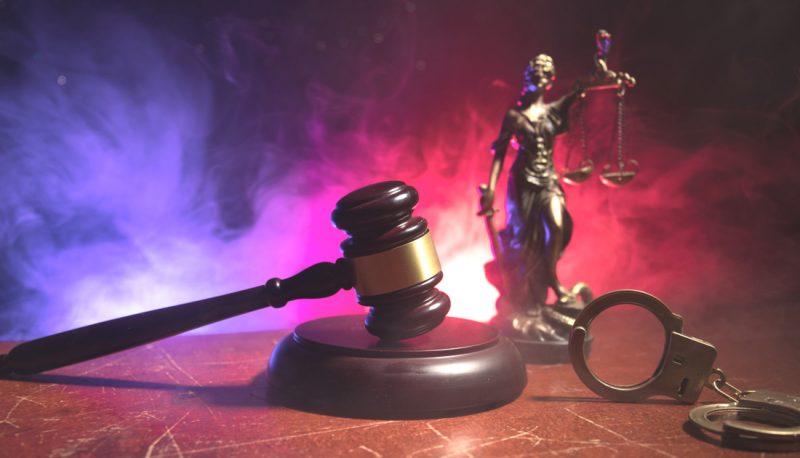“Confirmed Judges, Confirmed Fears” is a blog series documenting the harmful impact of President Trump’s judges on Americans’ rights and liberties.
Trump 4th circuit judge Julius Richardson wrote a 2-1 September decision in US v. Curry that reversed a district court and ruled that the police could stop and flashlight search one among a number of people walking away from an area near an apparent shooting. This was despite the fact that they had no reasonable suspicion that the individual was connected to the shooting.
Police patrolling a high-crime area after dark in Richmond, Virginia heard gunshots appearing to come from the Walcott Place apartment complex. They drove across a field to the complex and went to the other side, where they saw a number of people in a field, some standing near the apartments and some individuals, all males, walking away. Although they had no specific report of a crime, description of suspects, or any reasonable suspicion, police stopped some of the men walking away, including Billy Curry, Jr., shone flashlights on them, and told them to lift their shirts and submit to a visual inspection for firearms. When Curry declined, the police conducted a pat-down search that revealed a revolver. The police never found a shooter and did not accuse Curry of shooting anyone, but did arrest him for having previously been convicted of a felony and being in possession of a gun.
The district court ruled that the police stop and flashlight search of Curry were improper because police had no reasonable suspicion that he had done anything wrong, as generally required by Supreme Court precedent. The government appealed and, in a 2-1 opinion, Richardson reversed, ruling that “exigent circumstances” justified the stop. The case was remanded to the district court to determine if the police had reasonable suspicion to search Curry after he “disregarded their orders.”
Judge Henry Floyd strongly dissented. The government conceded that the police did not have reasonable suspicion to stop Curry, and Floyd noted that the “police brutality, did not stop everyone close to the scene, akin to a checkpoint,” and did not even stop the people “closest to the location of the shots.” Accordingly, Floyd concluded, the “narrow” exigent circumstances exception to the individualized reasonable suspicion requirement, which can properly be used to justify roadblocks or checkpoints of everyone in a “controlled geographical area,” did not apply. In fact, Floyd went on, the majority opinion “creates a dangerous precedent,” since it could allow police to arbitrarily “stop individuals within earshot of what they perceive to be gunfire” and even “enter homes in the general vicinity.”
Such broad “license” to the police, Floyd wrote, goes “far beyond the intended purpose and scope of the exigent circumstances exception.” Although Richardson dismissed these concerns, his majority opinion risks precisely such results.

